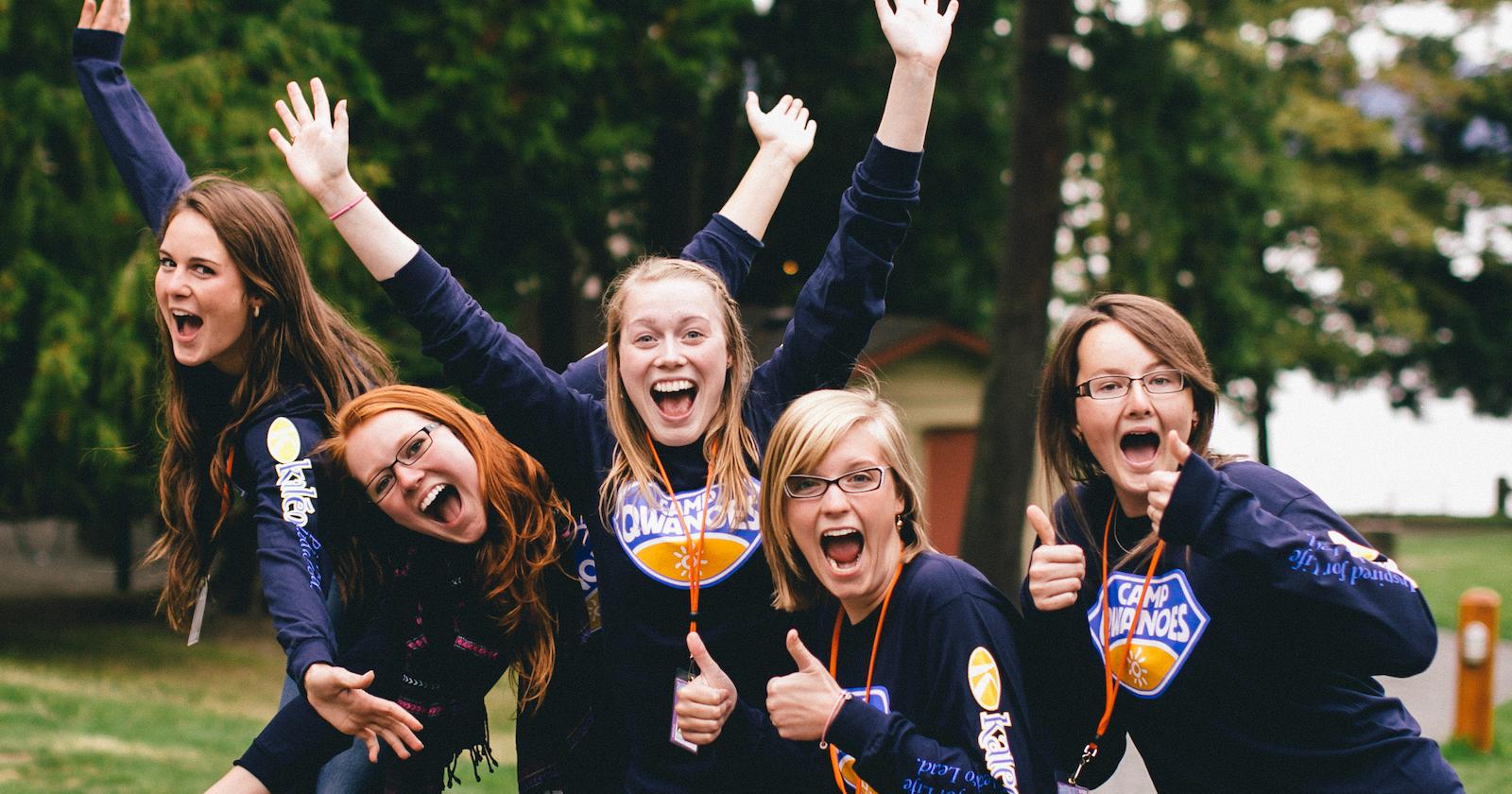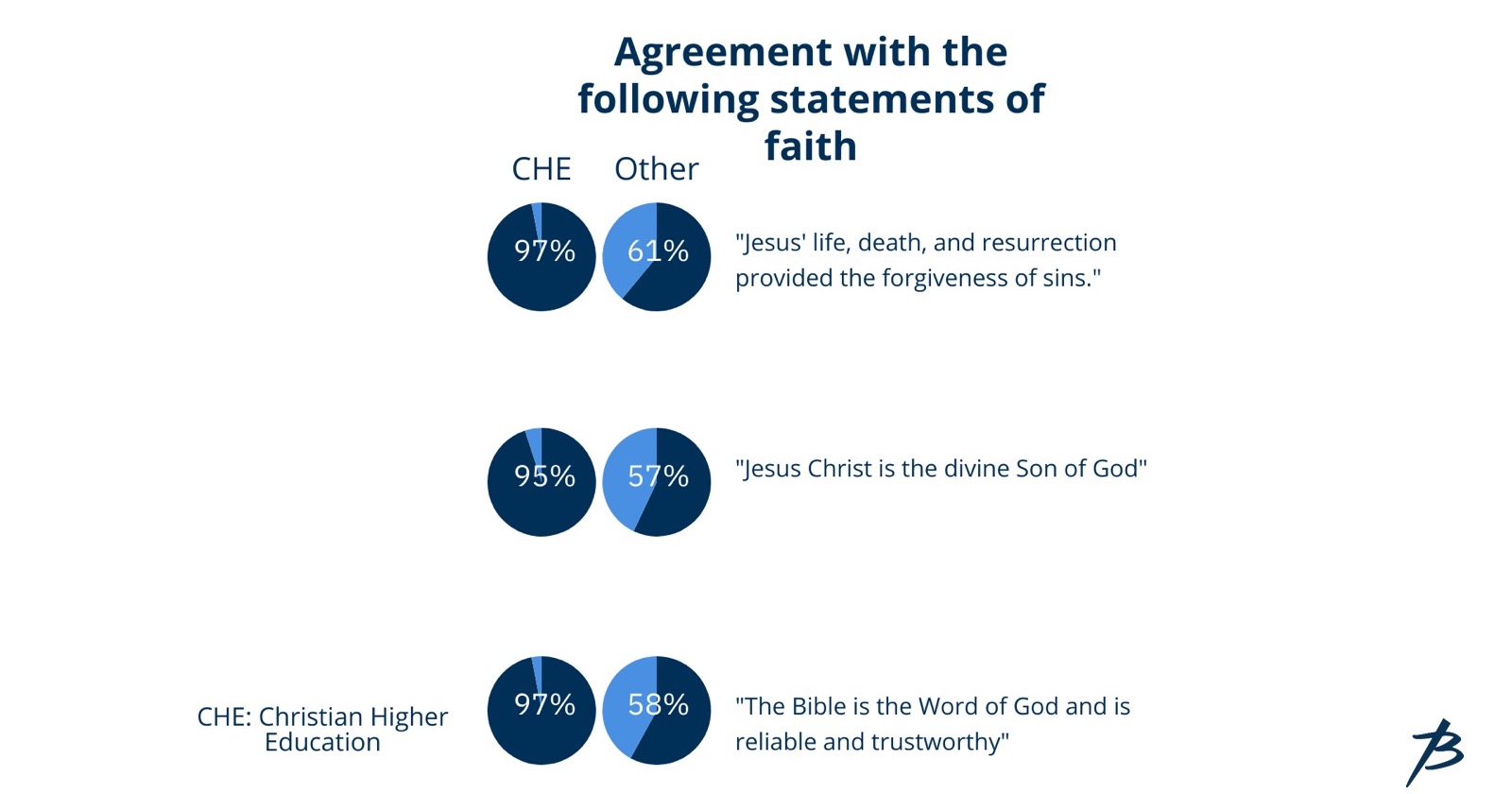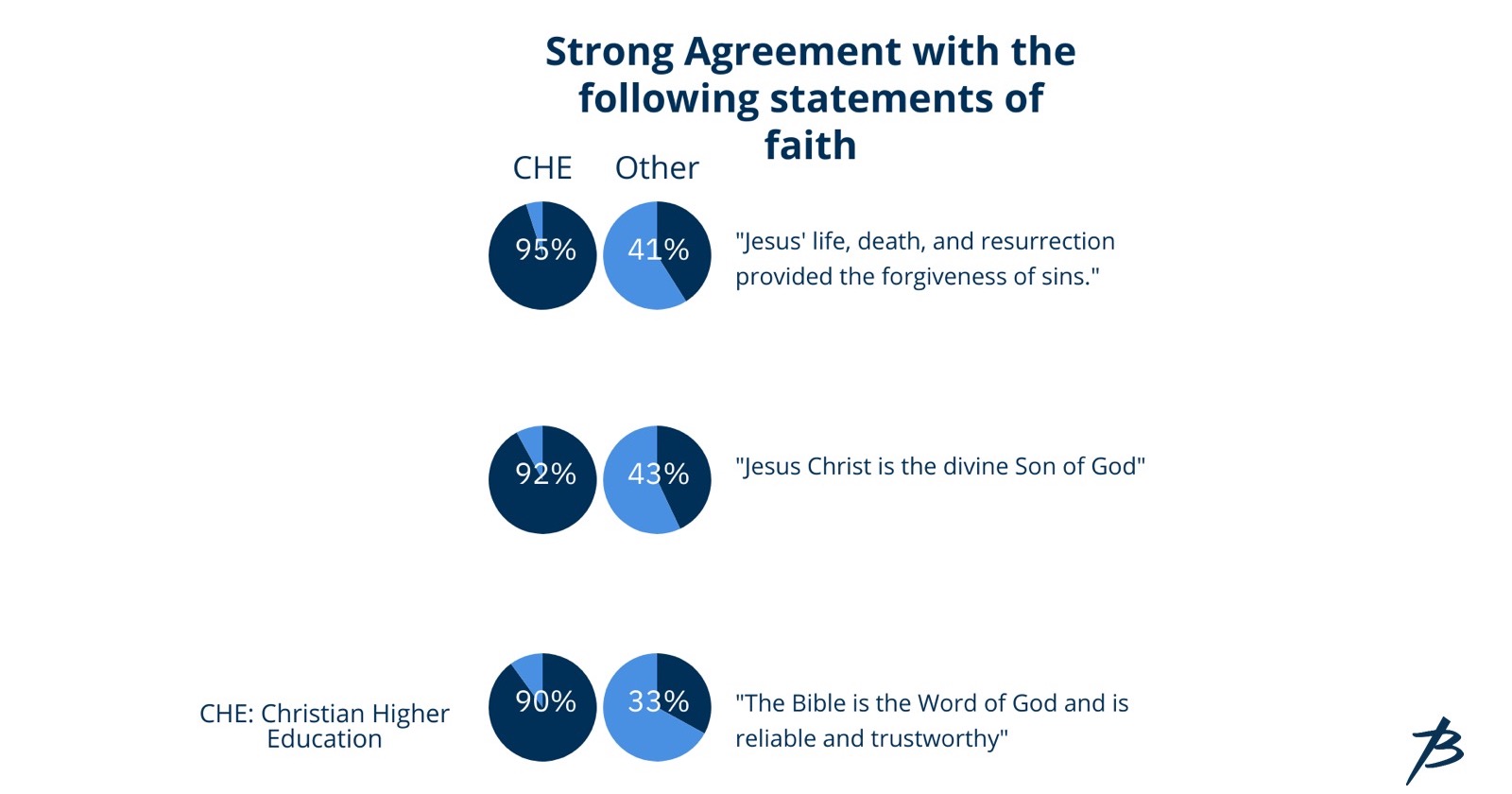
Church, Don't Forget About Camp Ministry!
Christian camps have played a significant role in the lives of many church-goers.
As the church, we are all contributing pieces to the body, and I believe camp plays a role. Paul speaks on unity and diversity of the body in 1 Corinthians 12:14, saying, “Indeed, the body is not one part but many.” Ministries work and complement one another in the same way, and church and camp are no different.
This summer, we all face the uncertainty of what distancing measures will still be in place due to the COVID-19 pandemic. However, many Christian camps are still considering their options—whether they are planning to go virtual or continue on location. Each summer, camps reach thousands of youth in practical ways, leading many towards Christ.
Even though camps may look a bit different this year, we cannot discount the significant impact they have in the spiritual formation of many who enter the gates of camps each year.
According to a 2018 study called Renegotiating Faith: The Delay in Young Adult Identity Formation and What It Means for the Church in Canada, a variety of statistics show that Christian camps can vastly change the forecast in young adults’ faith journeys.
Based on statistics in the Renegotiating Faith study, here are four reasons why camps play such a vital role in passing down faith from generation to generation.
1. Young people who go to camps are more likely to keep their faith.
When someone has participated at a camp, they begin to take part in other spiritually formative activities such as being involved in a youth group or regularly reading their Bible.
Campers can recognize God working in many ways they may not have seen before. Having time to process and think through the whole ‘Christianity thing’ without their parents is crucial.

2. People who are involved with camp are more than twice as likely to find a home church mentor.
Mentorship is an essential step for someone to keep their faith. Through mentorship, adolescents learn what a faithful follower of Christ looks like, modelling what Paul says in 1 Corinthians 11:1, “Imitate me, as I also imitate Christ.”
Only 29% of kids who grew up in the church but did not go to camps found mentors in their home church. This number suddenly jumped to nearly 70% when camps were added into the mix. This is a huge step in the right direction in a young person’s journey of faith.
3. A young adult who went to a camp is twice as likely to get involved with another church after moving out of their parents’ home.
This proves that camps help pass down the faith and reveals its importance to the Church's function. In general, 23.5% of young adults get plugged into a church after moving out; however, 55% of young adults who had attended camp will continue to be involved with the Church.
4. If someone attended camp as a teen, they are almost twice as likely to do a Christian gap year program and pursue Christian higher education.
Less than 30% of kids who grew up in the church attend a Bible college or training program such as the Kaléo leadership program, Capernwray, or YWAM. However, this statistic becomes nearly 50% for kids who also went to camps. Receiving further Christian training is significant, and here’s why:
Attending Christian higher education (CHE) will significantly increase a young adult’s belief in Jesus Christ. In a study done on CHE, participants were asked if it was true that “Jesus’s life, death, and resurrection provided the forgiveness of sins.” Alarmingly, only 61% of young adults who had grown up in the church but did not attend CHE agreed with this statement. For those who did attend CHE, the number of young adults who said yes to this statement jumped to 97%.

Even more alarmingly, when Renegotiating Faith compared the percentage of students who strongly agreed with key statements of the Christian faith, the gap between CHE students and students at secular institutions widened even further.

CHE allows young people to continue the process started at camps—discovering and accepting faith for themselves. If kids who attend camps are more likely to pursue Christianity seriously in their adult lives, encouraging this step is vitally important.
In every area of the Renegotiating Faith data, camps proved to be effective in the spiritual development of adolescents. I believe camps are a truly significant part of the church—one we should fully embrace.
Just because the COVID-19 pandemic is among us doesn’t mean we forget the impact camp can still have on Christian young people. Camps all across Canada are still seeking to find creative ways to reach thousands of people this summer. The stats are in and we must not forget about camp, especially in this season. If we want children to follow Jesus Christ, camp ministry is an absolute must in passing down the faith to the next generation.
Briercrest is connected with camps across the world, many of which are staffed by our students and alumni. Briercrest College also offers programs that help students prepare for career camp ministry, like the BA Christian Ministry: Camp Ministry concentration and the Kaléo program, a partnership of Briercrest and Camp Qwanoes.

